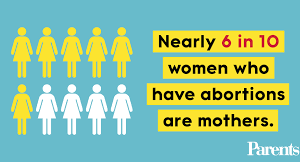Asia at the Global Summit for Family Planning: A Quick Recap of the Morning Session
Six Asian countries spoke at the summit during the morning session: India, Indonesia, Bangladesh, Philippines, Korea and Japan
Some points that stood out were:
1.Philippines plan to spend up to 15 million dollars on family planning with the aim of cutting the rate of child birth. Currently the birth rates is over 5, and the government wants to bring it down to 3.
2.India stated to have spent 13 billion on rural health missions in the last five years, and hopes to make contraception available at the doorstep in the nest 5 years. 860,000 health workers, including nurses and mid-wives will be trained to counsel patients. Over 234 million adolescent girls will be educated and empowered to make informed choices, and over 12 million women delivering each year in public hospitals will be given contraceptives after delivery.
3.Indonesia recognized the need to reduce child birth from 5.6 to 2.3 each year by introducing mobile contraceptive services, addressing financial constraints, and legislating health insurance schemes that make contraceptives free for the poor.
4.Bangladesh hopes to train health workers and increase the prevalence of contraceptive use from the current 60% to 72% by 2016, and 80% by 2021.
5.Korea and Japan hope to increase their budget for family planning services. Korea will also help aid Laos and Cambodia, where contraceptive use is lowest in the South East Asian Region. Australia will donate 50 million dollars to aid the Asia-Pacific region.
Unfortunately none of these countries discussed these measures under the framework of reproductive rights. It was disappointing to see leaders from each of these countries address family planning services only as a population control measure, or a welfare plan. Will this turn into another Rio+20, where the clause on reproductive rights was completely omitted? We’ll have to wait and see.
In the meantime, here’s a video featuring Aung San Suu Kyi. She says that family planning is planning for the future.
We’ll come back with more on the family planning summit in this space.Stay tuned to this blog!








